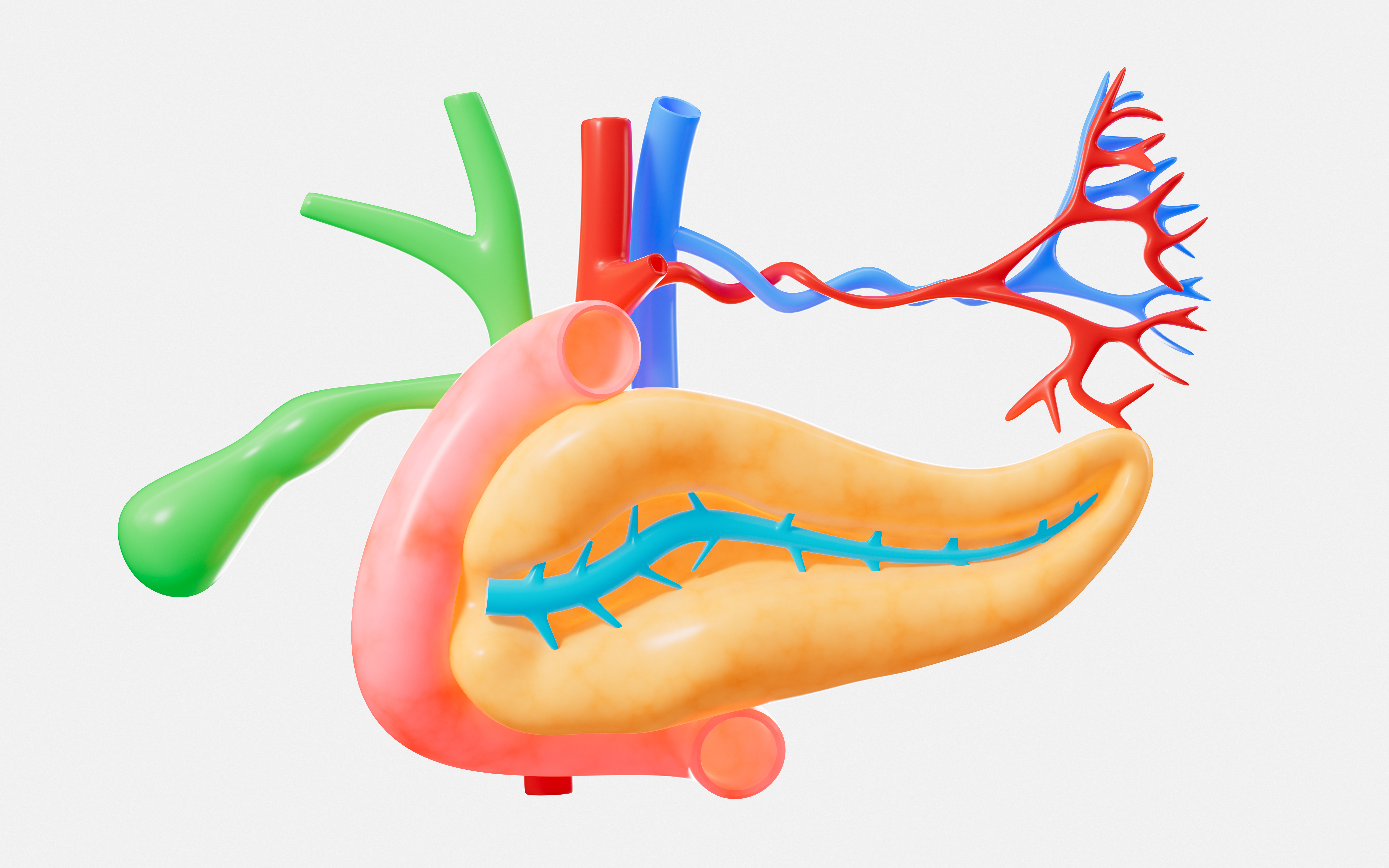Stanford researchers have achieved a landmark breakthrough in cancer genetics by identifying fewer than 400 specific genetic variants directly responsible for cancer development. Led by Dr. Paul Khavari, the study analyzed thousands of DNA sequences across 13 common cancer types, representing 90% of human malignancies. Unlike previous research, this study focused on inherited regulatory regions that control gene expression rather than protein-coding genes. The team’s innovative approach revealed crucial pathways involving DNA repair, cellular energy production, and inflammation. Their findings also uncovered surprising connections between the immune system and cancer development, suggesting complex interactions that influence cancer risk. This comprehensive genetic map represents a significant advancement toward more accurate cancer risk assessment and personalized prevention strategies.
GLP-1 for Treating Obesity—Origin, History, and Evolution
JAMA Network, Per Franklin Nielsen, Per Olaf Huusfeldt (Novo Nordisk), Denmark
Glucagon-Like Peptide 1 Receptor Agonists and 13 Obesity-Associated Cancers in Patients With Type 2 Diabetes
JAMA Network Open, Kevin Lin (Harvard Medical School), USA



